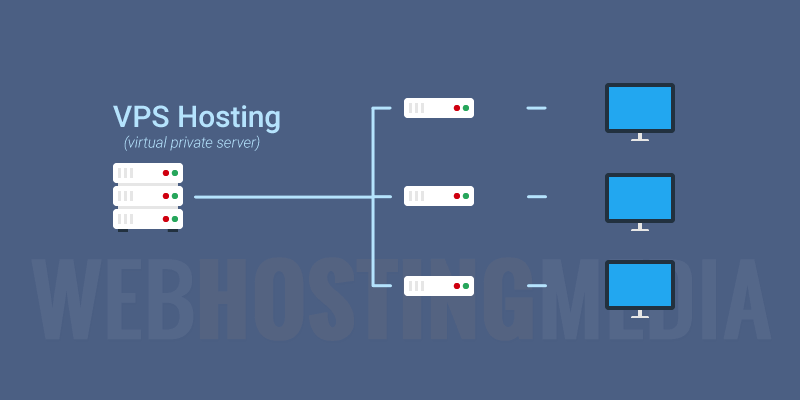Web Hosting VPS Server: A Comprehensive Guide
When it comes to hosting your website, choosing the right server is crucial. Virtual Private Server (VPS) hosting has become increasingly popular due to its flexibility, scalability, and security features. In this article, we will delve into the world of web hosting VPS servers and explore the benefits they offer.
What is a VPS Server?
A VPS server is a virtual machine that is created by dividing a physical server into multiple virtual servers. Each virtual server operates independently and has its own operating system, resources, and dedicated storage. This allows businesses to have their own virtual server without the cost of a dedicated physical server.
Benefits of Web Hosting VPS Server
- Resource Scalability: With a VPS server, you have the flexibility to scale your resources up or down based on your website’s needs. This means you can easily handle traffic spikes and optimize performance.
- Isolated Environment: Unlike shared hosting, a VPS server provides a dedicated environment for your website. This enhances security and ensures that your website’s performance is not affected by other websites on the server.
- Customizability: With a VPS server, you have full control over your server environment. You can install custom software, configure settings, and optimize performance based on your specific requirements.
- Enhanced Security: VPS servers offer a higher level of security compared to shared hosting. Your website is isolated from other servers, reducing the risk of security breaches and ensuring data privacy.
- Reliability: VPS servers are known for their high uptime and reliability. Since each virtual server operates independently, issues with one server do not affect the performance of other servers.
Overall, web hosting VPS servers offer a balance of performance, flexibility, and security, making them a popular choice for businesses and website owners.
Choosing a Web Hosting VPS Server
When selecting a web hosting VPS server, there are several factors to consider:
- Storage and Bandwidth: Ensure that the VPS server provides sufficient storage space and bandwidth to accommodate your website’s needs.
- Performance and Uptime: Look for a VPS server with high performance capabilities and a reliable uptime guarantee.
- Security Features: Check for security features such as firewalls, DDoS protection, and regular backups to safeguard your website.
- Scalability: Choose a VPS server that allows you to easily scale your resources as your website grows.
By considering these factors, you can ensure that you select the best web hosting VPS server for your website’s requirements.
Conclusion
Web hosting VPS servers offer a range of benefits, including resource scalability, isolated environment, customizability, enhanced security, and reliability. By choosing the right VPS server and considering key factors, you can optimize your website’s performance and security.
Whether you are a small business or a large enterprise, web hosting VPS servers provide the flexibility and control needed to support your website’s growth. Consider investing in a VPS server to experience the advantages it offers for your online presence.
